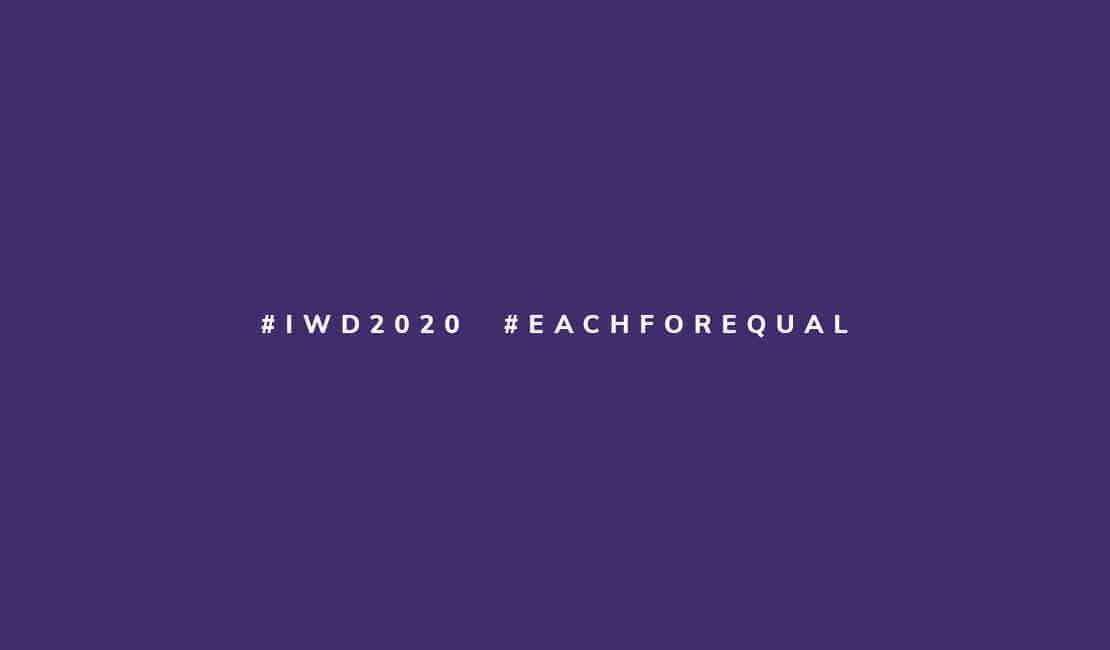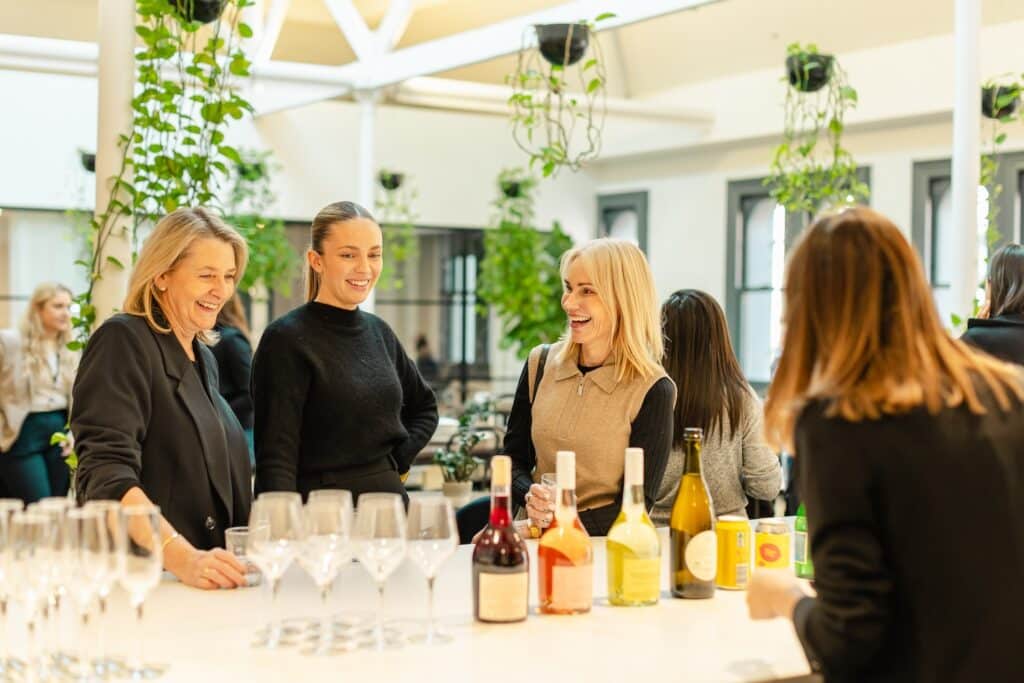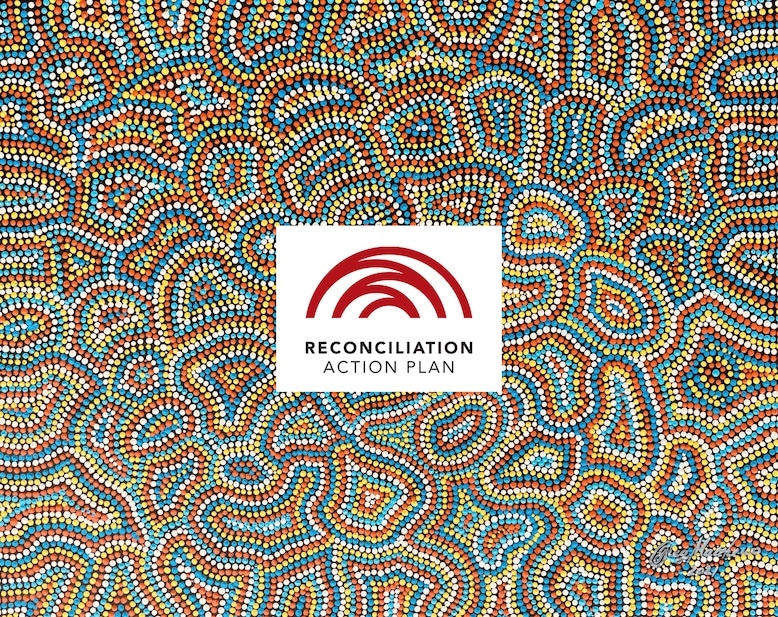Shamila Gopalan is the founder of HerWit, an organisation that works with women, entrepreneurs, and corporate executives offering them guidance to help them amplify their voices and position them as thought leaders and role models.
A Flexi Impact Program alum, Shamila’s business uses thought leadership content and data-driven strategies to empower and provide platforms for a diverse range of women.
What’s the importance to you of using International Women’s Day to start a conversation?
I think it’s crucial – the world and our community and society have been talking about equality, diversity, and inclusion for decades. International Women’s Day was set up to recognize that this is a global challenge, an opportunity for us to get involved, change the narrative, and change the outdated systems that perpetuate it.
IWD is a reminder that this is a subject we need to talk about every day – something we have to come to consciously, with our daily lives, in our jobs, when we run businesses and we run organisations.
It also motivates our society to give women a platform to share how far we’ve come and how far we need to go.
How has IWD developed and grown in your eyes?
The core of the issue is still the same, but I think the context has evolved.
We started from not being able to vote, work, own land, make our own decisions – we have to celebrate and appreciate those who have come before us and look forward to the other things we need to do to push the needle further.
The gender pay gap, education, child labor, child marriage – there are still so many systemic issues that haven’t been addressed.
I think a day like International Women’s Day brings it all to light and puts it across the world. It’s a global celebration, and the more of us that talk about it and take action on it – that’s how we’re going to change communities and lives.
What role do you think people of every gender have in helping the cause behind International Women’s Day?
This year’s theme for International Women’s Day is Each for Equal, and it is pushing us towards collective individualism.
What that really breaks down to is that each of us has a voice, and each individual coming together as a collective can make changes – through our language, our actions, the way we think.
That’s the only way we can shift society towards where we need it to go – it’s strength in numbers, that’s what we need.
Men and women need to be part of every conversation we have.
It’s not a fight for just women – it’s a collaboration of the sexes. And I think we have to start educating people on that fact, especially men, because they may often feel uncomfortable coming to events and speeches around topics like equality.






